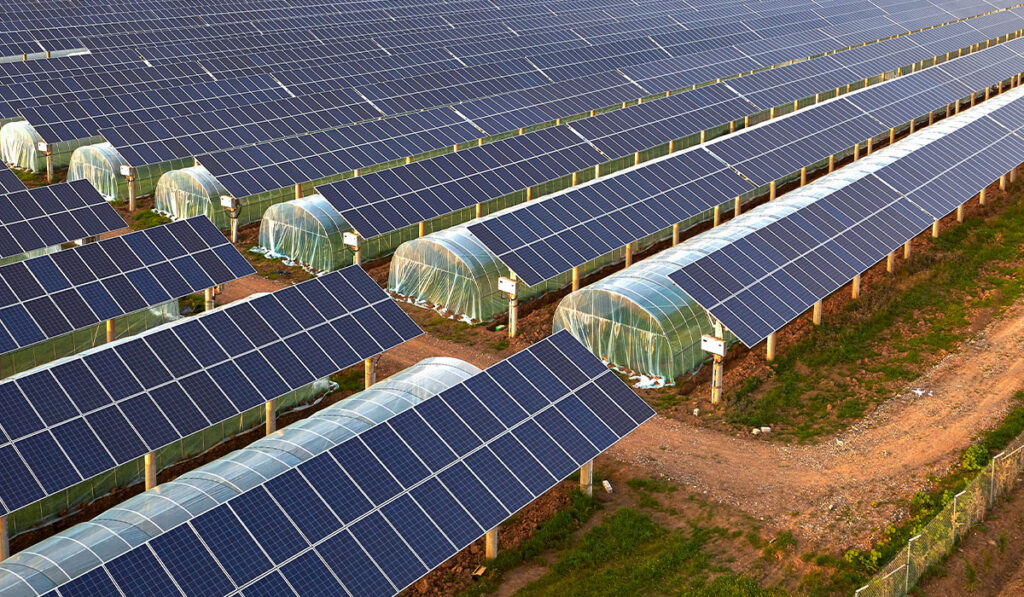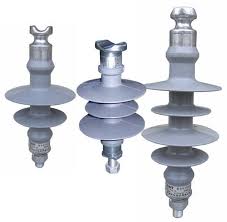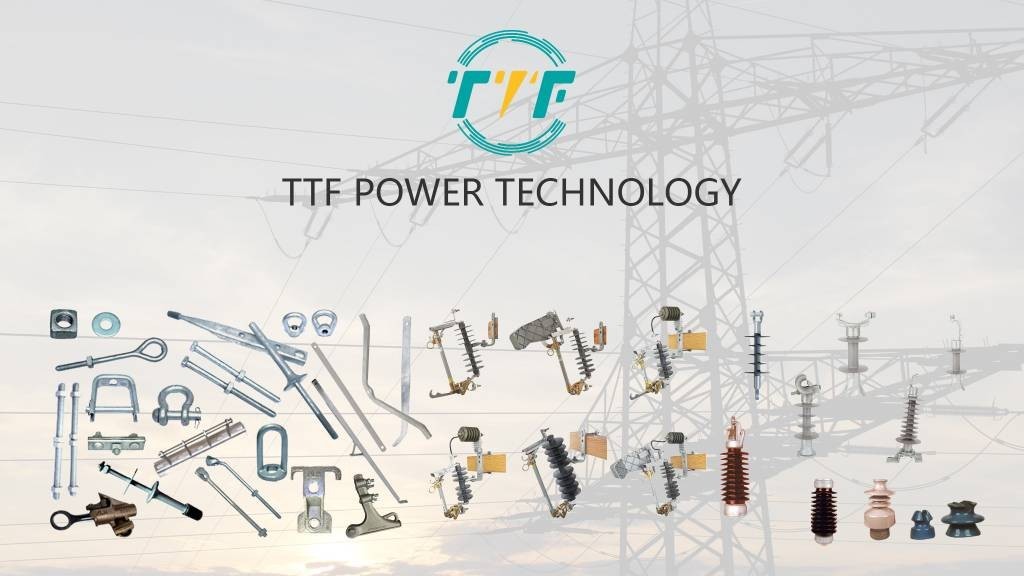
Agrivoltaics in South America is a practice of combining solar and energy generation with agriculture on the same land. This involves installing solar panels over agricultural fields or integrating into agricultural structures. Countries like Brazil and Chile are adopting the use of agrivoltaics given their natural resources. The agricultural lands and solar radiation make it the best location for agrivoltaics. Agrivoltaics addresses the challenges of climate change, food security, and energy sustainability. Adoption of agrivoltaics reduces dependence on fossil fuels and helps boost the agricultural economy. South American countries can embrace agrivoltaics through the use of solar photovoltaics on agricultural lands. The shade from solar panels helps reduce water loss from evaporation, which leads to increased crop yields. A pin insulator serves as a crucial component in the electrical infrastructure supporting the agrivoltaics. It ensures the safe and reliable operation of these systems.
A pin insulator supports power lines that send electricity generated from solar panels or other renewable sources. It prevents electrical current from flowing to the support structure. This ensures safety and prevents short circuits. A pin insulator is able to withstand harsh environmental conditions such as temperatures and humidity. It ensures the reliability and safety of power lines. This contributes to the efficient transmission of electricity generated from agrivoltaics. By doing so, a pin insulator helps to ensure the successful integration of agriculture and renewable energy. This article looks at the importance of pin insulators in the installation of agrivoltaics in South America.
Importance of a pin insulator in the development of agrivoltaics in South America
A pin insulator is a type of electrical insulator used to ensure the safe and efficient development of agrivoltaics. It helps in supporting and insulating electrical conductors in outdoor environments. A pin insulator supports reliable energy transmission, withstands environmental stresses, and enables cost-effective grid solutions. The development of agrivoltaics needs the pin insulators to enable energy and agriculture co-development. The following is the importance of a pin insulator in agrivoltaics in South America.

- Enhancing safety – in cases where agricultural activities and solar energy generation occur on the same land, the proximity between farming equipment and workers creates a need for electrical safety. A pin insulator supports and insulates overhead power lines and prevents electrical faults. It prevents leakage of current to the grounding, which reduces the risk of electrical accidents.
- Harsh environmental conditions – South America has regions with intense sunlight, humidity, and varying altitudes. A pin insulator is able to withstand high temperatures, UV exposure, moisture, and heavy rainfall. It also provides mechanical stability to solar installations and prevents damage from shifting conductors.
- Efficient power transmission – a pin insulator supports medium- to high-voltage distribution lines. This ensures that power generated by solar panels transmits efficiently to local grids. A pin insulator helps maintain low energy losses over long distances.
- Supporting grid stability and renewable integration—pin insulators help secure the infrastructure needed for agrivoltaics. For instance, countries like Chile and Brazil are working to boost renewable energy capacity. The insulators help manage the extra load and variability that renewable energy sources introduce to the grid.
Data analytics in agrivoltaic systems in South America
Data analytics play a crucial role in optimizing agrivoltaic systems in South America. By collecting and analyzing data, farmers can make informed decisions to maximize the benefits of the systems. Data analytics enables better decision-making, optimizing resource use, and improving outcomes for both agriculture and solar power production. At TTF Power, we are a one-stop-shop for utility pole hardware fittings, transmission line accessories and power line construction equipment. We provide our customers with the most extensive range of products in the industry, excellent value and knowledgeable service. The following are the applications of data analytics in agrivoltaic systems in South America.

- Maximizing crop yield and solar output—agrivoltaic systems balance the dual objectives of agriculture and energy production. Data analytics helps identify the optimal layout of solar panels and ideal spacing, tilt, and orientation. This helps to balance the sunlight need for crops and maximize energy generation.
- Performance monitoring and maintenance – data analytics helps to track the performance of the photovoltaic system and the agricultural components of the agrivoltaic setup. This is through the use of sensors and IoT devices. They help track energy production, panel efficiency, environmental factors, and soil conditions in real time.
- Yield prediction and economic optimization – agrivoltaics systems can model and predict crop yields based on environmental data, crop type, and seasonal conditions. The operators can balance energy and agriculture outputs to maximize economic returns.
